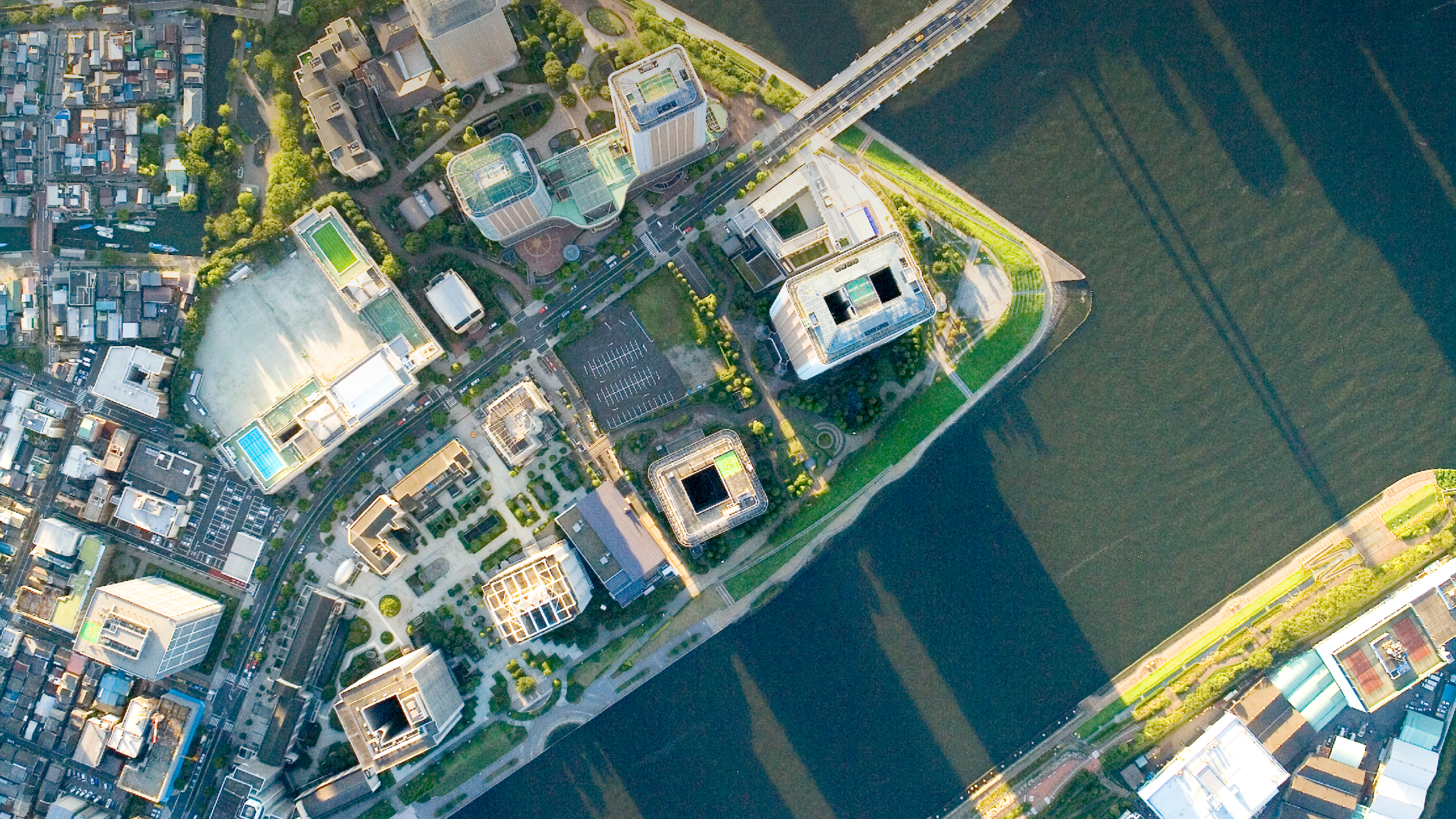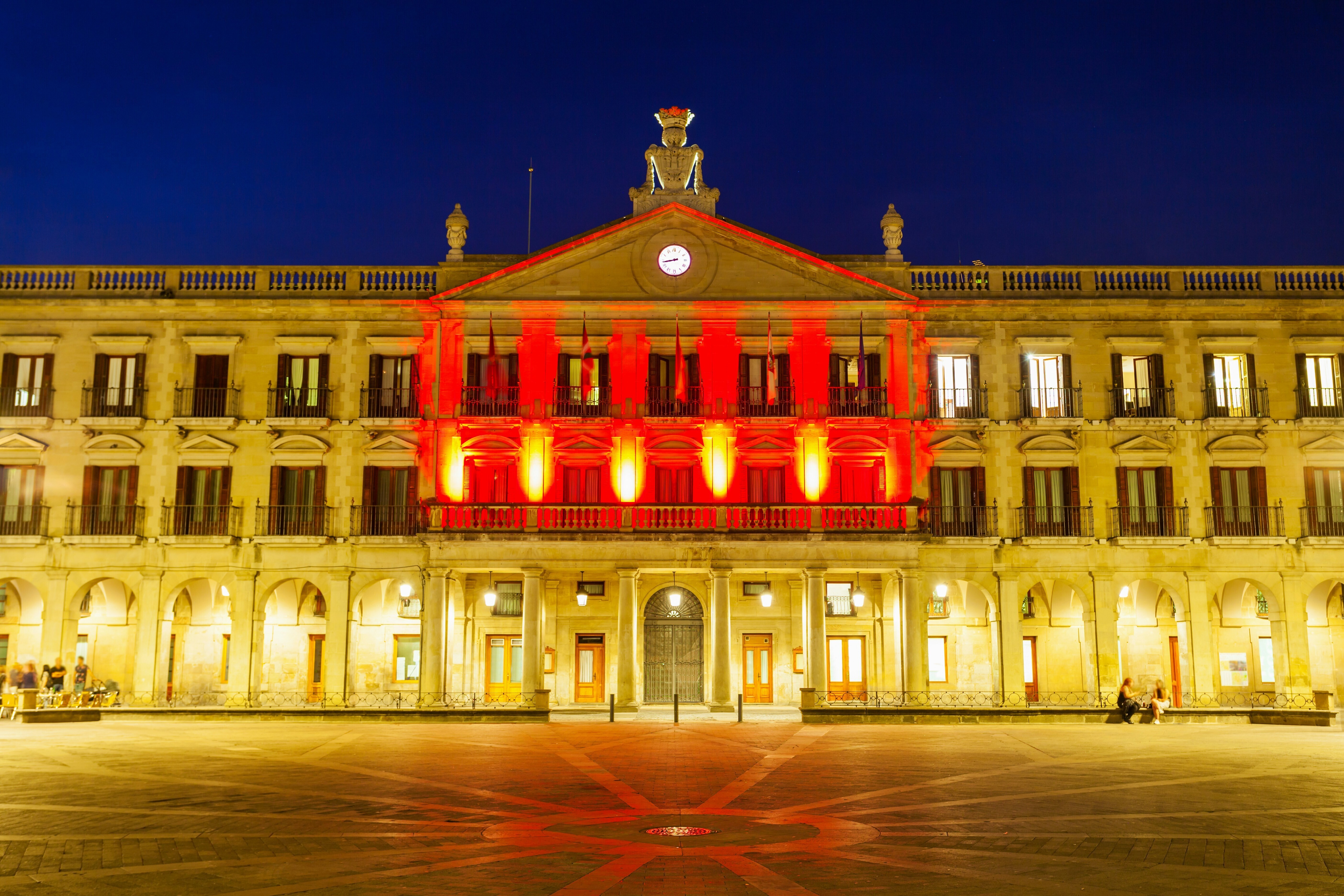How cities can flex their purchasing power to stimulate innovation

Public procurement by cities accounts for 8% of world GDP. Image: Getty Images/iStockphoto
- Public procurement is perceived to be a barrier to innovation in many countries, which prevents suppliers with reliable solutions competing for public sector contracts.
- Several national and local governments are revisiting the power of public procurement and addressing legislative and cultural barriers.
- The G20 Global Smart Cities Alliance has released a foundational model policy with practical steps for cities worldwide to spark innovation through procurement.
City governments spend $6 trillion annually buying goods and services from private sector suppliers, amounting to 8% of world GDP in 2021. These delivery contracts represent a huge commercial opportunity for suppliers, but also a policy tool for local authorities to shape markets and steer private sector research and development towards priority policy goals – from environmentally sustainable mobility, improvements in public health, safe and affordable housing, to resilient infrastructure.
But in many countries, public procurement is widely perceived to be a barrier to innovation and improvement, a necessary evil to be navigated with caution. There is some truth to this perception. The UK government’s national Innovation Strategy (2021) notes that public procurement culture is characterized by “a low appetite for risk and experimentation” due to “the overall culture, expertise and incentive structure of the public sector”.
Consequently, many entrepreneurial suppliers simply do not seek to compete for public sector contracts. Between January 2021 and January 2023, 20% of openly competed UK public tenders only received one bid.
This is bad news for taxpayers who miss out on potential improvements to public services. But the “power of the purse” can be a game-changer.
A new beginning
In recent years, local and national leaders have been rediscovering the power of public procurement and dismantling the legislative and cultural barriers that have limited its potential. Analysis by the OECD endorsed public procurement as a strategic instrument that can be used by government to promote innovation, facilitate diversity of thought and address societal challenges.
The UK government’s national Innovation Strategy identifies public procurement as a powerful tool for catalyzing the innovation economy, both in sparking new products and by providing the commercial funding that enables businesses to scale. Place leaders across the EU, UK, United States and elsewhere now have access to innovation-friendly procurement procedures though national legislation.
A growing number of city authorities are using these powers to drive not just delivery but transformation:
- Faced with the challenge of waste collection from properties using narrow rear alleys as a dumping ground, Liverpool City Council (UK) used an innovation-friendly procurement approach to engage the market, and identify, evaluate and integrate a new solution. Installing communal waste collection points with below-surface storage restored the alleys to being community spaces, promoting a sense of belonging and neighbourliness. Clearly marked disposal points for recycling saw adoption rise by 270%, while new ways of working saw the cost of collection fall from £56 to £32 per property, and a carbon footprint reduction of 60%.
- In Norway, where ferries provide vital transport infrastructure and are therefore largely operated as public services, regional governments require that all new ferry contracts must use low-emission technologies where possible. This market pull has seen electric-powered ferries replace diesel ferries, cutting emissions by 95% and costs by 80%.
- As part of an ambitious Green New Deal that aims to electrify 6,000 properties in Ithaca, New York State, the city secured a 30% discount on the cost of heat pumps and other retrofit technologies by orchestrating demand into an advance bulk purchase.
- Through the YES San Francisco Urban Sustainability Challenge, the City of San Francisco is partnering with the public-private sector to launch 14 new technologies to be deployed locally to support sustainability goals.
Awareness of the tools available is now the greatest hurdle to the adoption of best practice by city authorities. In response to this, various nations have established centres of excellence to advocate for innovation-friendly procurement and equip local leaders to embrace new behaviours. These include KEINO (Competence Centre for Sustainable and Innovative Public Procurement) in Finland, LaunchVic in Australia, and the Innovation Procurement Empowerment Centre (IPEC) in the UK.
Empowering city managers to embrace innovative procurement
In 2022, the G20 Global Smart Cities Alliance launched a new taskforce working to pool international best practice and insights on innovation-friendly procurement. The taskforce has engaged civic leaders, private sector representatives and academics to map global pioneering practice from Barcelona to Belfast, Helsinki to Long Beach.
The members of the taskforce compiled these insights into a new model policy, Innovation Friendly Procurement, which provides practical steps for cities worldwide to spark innovation through procurement. The model policy aims to help city stakeholders to embrace new purchasing behaviours and harness the transformative power of private sector innovation. It is not only for procurement professionals, but anyone interested in delivering better outcomes in local services.
The recommendations in the model policy are grouped into three areas, which can be summarized as:
- Embrace purpose-driven procurement in which the process is shaped by the outcome sought rather than the other way around. Including a live testing stage may take longer but save costs overall if a novel solution can be validated.
- Foster informed and empowered teams who can advocate for new approaches and steer colleagues towards the right market engagement mechanism for their needs. A a poorly designed engagement will likely cause frustration and undermine confidence in innovation procurement as a whole.
- Invest in engaging suppliers and reach beyond the usual suspects – just because you publish your opportunities, don’t assume that the best supplier will necessarily know where to look or how to frame their solution in response to your needs.
Transforming everyday spending into innovation fuel
One added benefit of embracing a new approach to procurement is that it transforms cities’ existing spend into fuel for innovation, rather than requiring additional public resources. Innovation funding alone can sometimes deliver limited pilots with no pathway to implementation; innovation-friendly procurement connects innovators to service managers with pressing needs and real budgets to spend. If city governments across the world committed to allocating 5% of their total contract spend in this way, it would inject $300 billion into the innovation economy, equivalent to 73 times the funding given to DARPA in 2023.
How is the World Economic Forum supporting the development of cities and communities globally?
Cities have always been engines of innovation, inspiring and implementing new solutions to the challenges of the day. In the wake of COVID, and in the face of the climate emergency and global demographic pressures, we must use all the tools at our disposal to accelerate the development and deployment of solutions that will make our cities safe, sustainable and prosperous for years to come.
Don't miss any update on this topic
Create a free account and access your personalized content collection with our latest publications and analyses.
License and Republishing
World Economic Forum articles may be republished in accordance with the Creative Commons Attribution-NonCommercial-NoDerivatives 4.0 International Public License, and in accordance with our Terms of Use.
The views expressed in this article are those of the author alone and not the World Economic Forum.
Stay up to date:
Cities and Urbanization
Forum Stories newsletter
Bringing you weekly curated insights and analysis on the global issues that matter.







